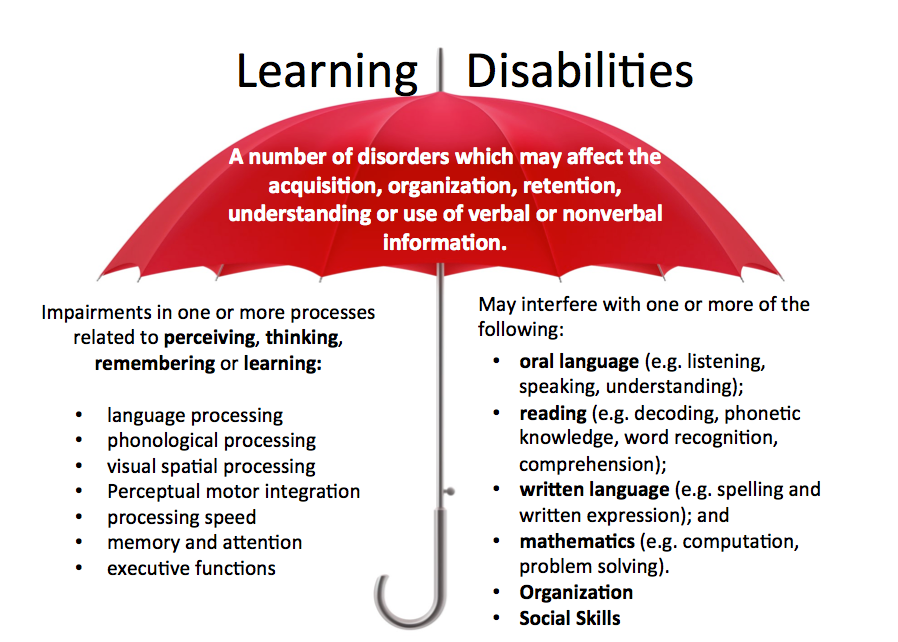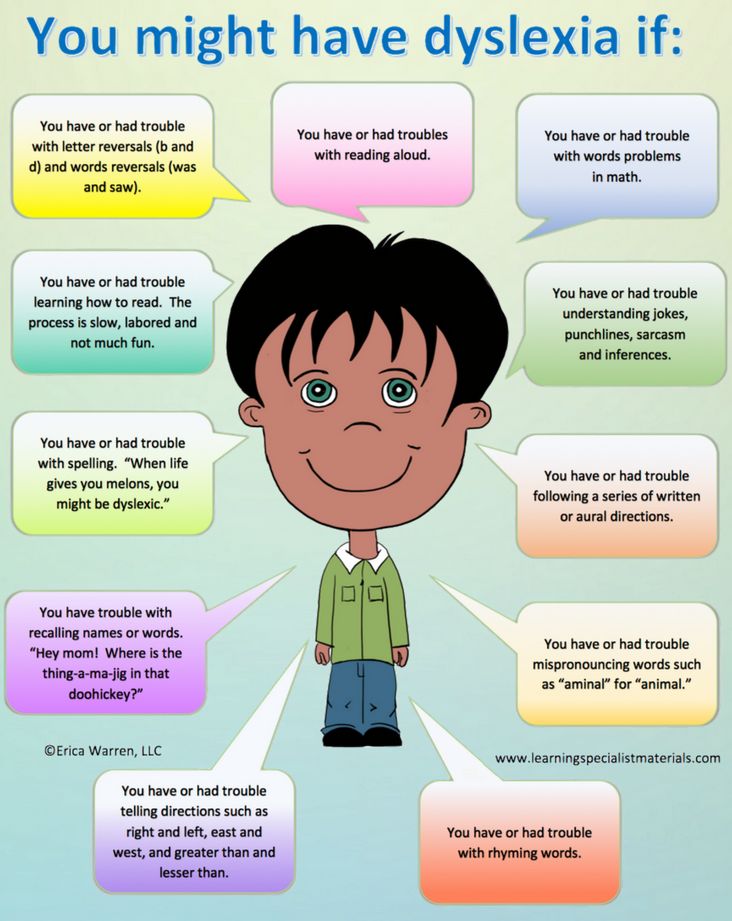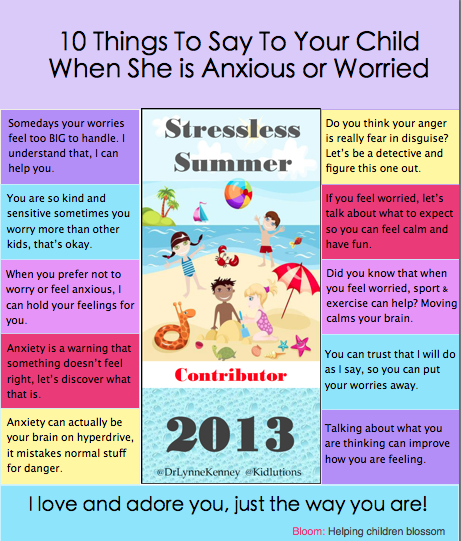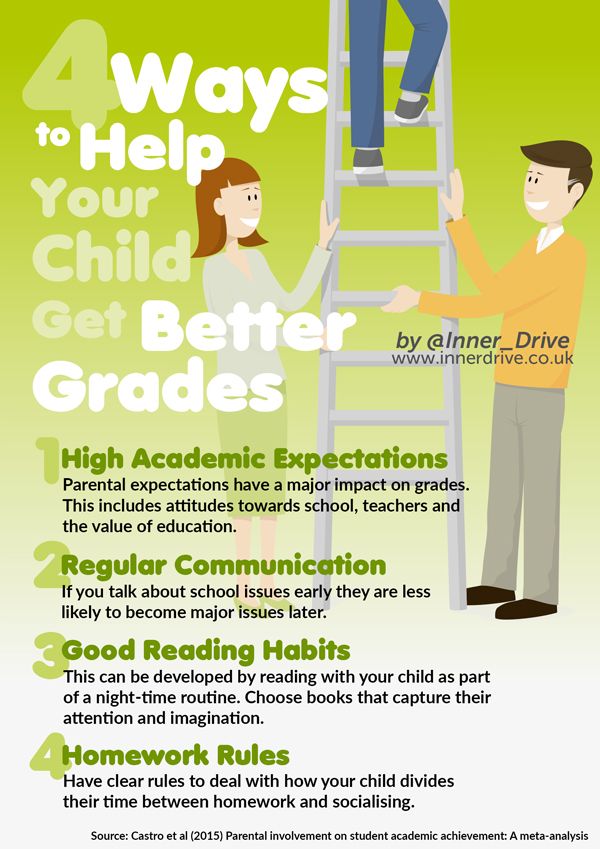How to get your child tested for learning disabilities
What to Do If You Suspect Your Child Has a Learning Disability
Learning disabilities are real
According to the National Institutes of Health, they affect 15% of America’s school children. With early intervention, children with learning disabilities can learn strategies to achieve as well as other youngsters do.
If you suspect that your child has a learning disability, don’t despair. Follow a few important steps and you will be on the way to helping your child and educating yourself in the process.
Collect information about your child’s performance
Organizing information about your child will help you to monitor progress. Meet with your child’s teachers and other school personnel to understand his or her performance and attitude towards school. Observe your child’s ability to study, do homework and finish the tasks you assign at home. Keep a file of all the materials about his or her education including tests and results. Keep a record of what you notice and about your talks with professionals. This dated information will be valuable in planning for your child.
Have your child tested
Ask the school administration to provide a comprehensive educational evaluation. This will include interviews, direct observation, a review of your child’s educational and medical history, a test that will measure your child’s strengths and weaknesses, and conferences with professionals who work with your child. Either you or the school can request the evaluation, but it is only given with a parent’s written permission.
Teamwork
If the results indicate that your child has a learning disability, she or he is eligible for special educational services. You will work with a team including your child’s teacher to develop an Individualized Education Program (IEP). This is a written document that summarizes your child’s educational performance, plans the short-term educational goals and outlines annual goals. It also gives methods for measuring progress. You are a big part of this program so don’t be afraid to speak up.
If your child does not qualify for special education, it is still important for you to work with the teacher to create an informal program that meets your child’s needs.
Find ways to help
Changes can be made in classroom routines to help children with learning disabilities. Talk to your child’s teachers about these ideas: reading aloud, allowing extra time on exams, taping lessons and using new technology.
Talk to your child about the disability
Reassure your child that having a learning disability only means that his or her mind works on words and information a little differently. It does not mean being stupid or lazy. Be honest and optimistic with your child. Explain that though learning may be a struggle he or she can still succeed.
Know your child’s strengths
Children with learning disabilities are often very smart, or good leaders, or outstanding in sports or creative areas like art or sculpture. Focus on your child’s strengths as well as helping with the difficulties.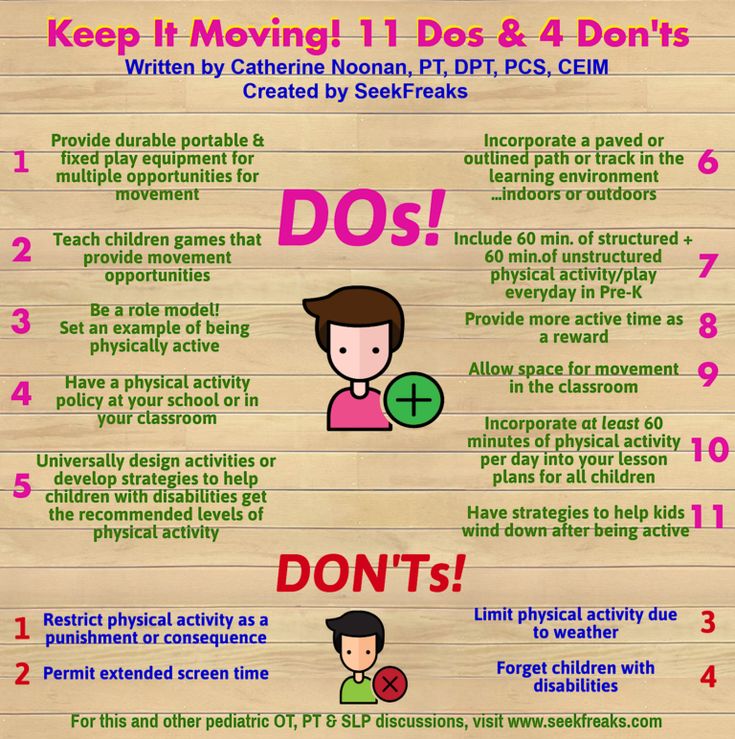 If time allows, encourage your child in after school activities.
If time allows, encourage your child in after school activities.
Work with your child at home
Help your child do homework by establishing a regular time and a specific place for it and giving lots of encouragement. Praise your child for work well done and practice good school behavior at home.
Know your legal rights
Learn about your legal rights by asking the school for a summary of them. Under the law, every child with a learning disability has the right to a “free and appropriate public education.”
Join with others
The best way to learn more about learning disabilities and to meet other parents is to join one of the groups listed here. You will get the latest information and find new ways for your child to reach their full potential.
The Coordinated Campaign for Learning Disabilities is a collaborative public awareness effort of the following organizations:
Having Your Child Tested for Learning Disabilities Outside of School
Who you choose to work with your child is a key decision.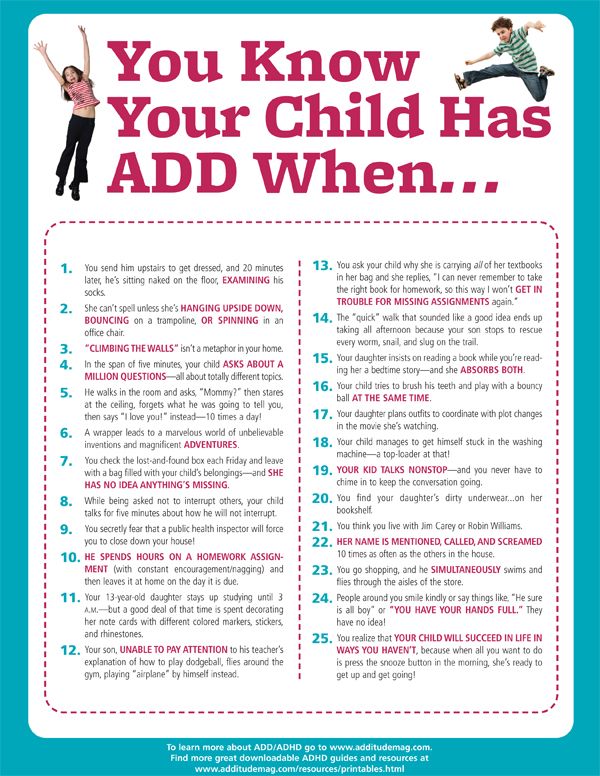 A professional who provides a good diagnosis that reveals your child has a learning disability (LD) or ADHD, for example, can be a gateway to services that open doors to learning and a more fulfilling life for a student. A good tutor can help your child learn reading strategies or catch up in school.
A professional who provides a good diagnosis that reveals your child has a learning disability (LD) or ADHD, for example, can be a gateway to services that open doors to learning and a more fulfilling life for a student. A good tutor can help your child learn reading strategies or catch up in school.
You can find the names of professionals to choose from in local phone books, from a list provided by the school, or from people you know. LD OnLine also lists professionals in its Yellow Pages.
Although you definitely want to work with someone who makes you and your child feel comfortable, that's not enough. Here are some questions to ask and points to keep in mind when deciding which professional to choose.
Are you licensed or certified?
Many professionals can suspect LD and/or ADHD, but not all of them are licensed or certified to diagnose these disorders.
When you go to a person in private practice (i.e., someone who is not employed by the school system), it's important to determine if the professional has the needed license to be in private practice and to make the diagnosis of LD or ADHD.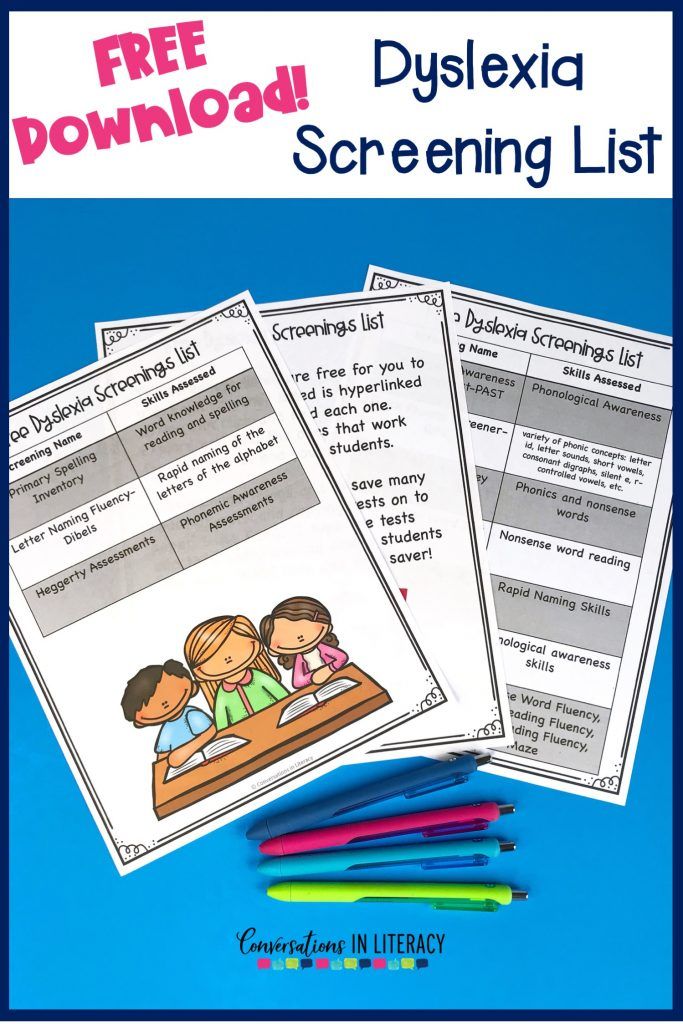 Most states require the license of psychologists, psychiatrists, social workers, and lawyers to be in clear view in their offices.
Most states require the license of psychologists, psychiatrists, social workers, and lawyers to be in clear view in their offices.
What areas do you specialize in?
Ask the person, "What is your area of expertise?" This could include learning disabilities, ADHD, speech and hearing, legal issues, behavior modification, education, emotional concerns, family counseling, and more. Consider which experience and expertise is most appropriate for your child's situation.
What age range do you specialize in?
The person could specialize in working with preschoolers, children, adolescents, or adults. It's important to choose a professional who is used to working with children of your son's or daughter's age.
What are your fees?
Ask the person what his or her hourly rate is and how an hour is defined. Some use a 45 or 50 minute hour (this is so they have time to write notes about the session). You may also want to ask whether appointments can be broken up into smaller blocks, what happens if you miss a scheduled appointment, whether there is a sliding fee scale, and if a payment plan can be set up.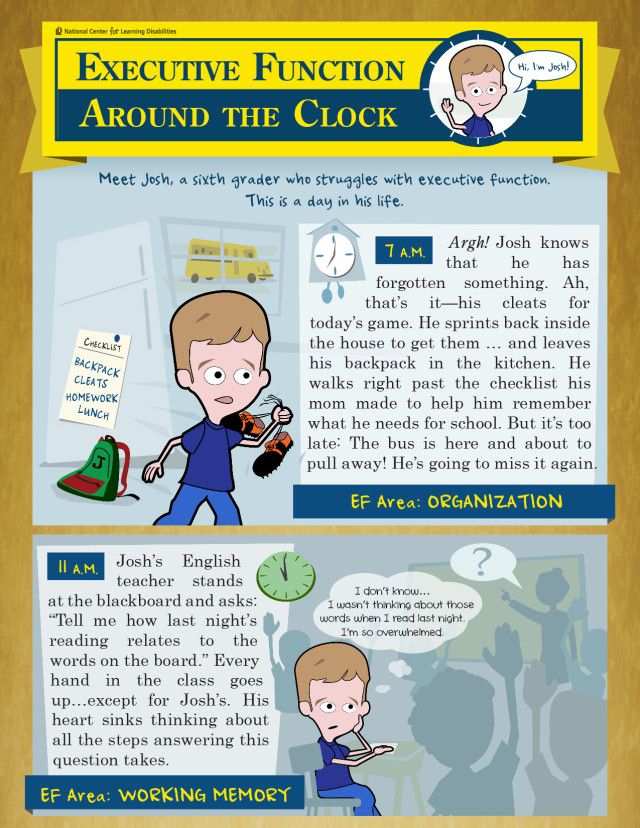
Will you accept my insurance or HMO coverage?
Not all professionals will take insurance and not all insurance will pay for the professional's fee. If money is an issue, you need to know upfront if your insurance or HMO will pay for the professional's fees and whether the professional will accept your insurance. Also ask if the office will submit bills to the insurance company or if you will need to do so.
Will I get a written report?
If you need a written report for an upcoming meeting with the school, make sure the person will be able to meet your deadline. Determine how long it usually takes to get a written report and whether the cost of the report is included in the estimated charge.
Will you coordinate with the school?
Ask if the person will go to the school for meetings if needed and how that time will be billed. Find out if the person will coordinate the work he or she is doing with your child with what your child's classroom teacher is doing in school.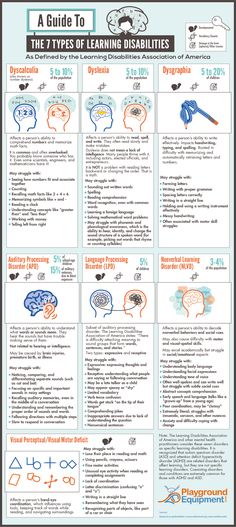
What range of services do I need?
Think about whether you need someone to just do testing, whether you need someone who can also work with the school, and whether your child needs a few sessions or many.
What information can I gather to help with the diagnosis?
Look for your child's school records, work samples, past assessments, and teacher comments, all of which may help the professional gain information on how to assess or help your child.
How should I explain this to my child?
Ask the person for advice on how you can talk to your child about his or her need for testing, counseling, or educational intervention.
Do I want to interview more than one professional to determine the best one for my child's needs?
Yes. Unless you have a strong recommendation from a close friend or from the school, it is wise to interview more than one person before making a decision.
Learning Disabilities: Recognizing Signs and Helping Your Child
Learning Disabilities are severe and persistent difficulties in one or more areas of learning reading, spelling, writing and math.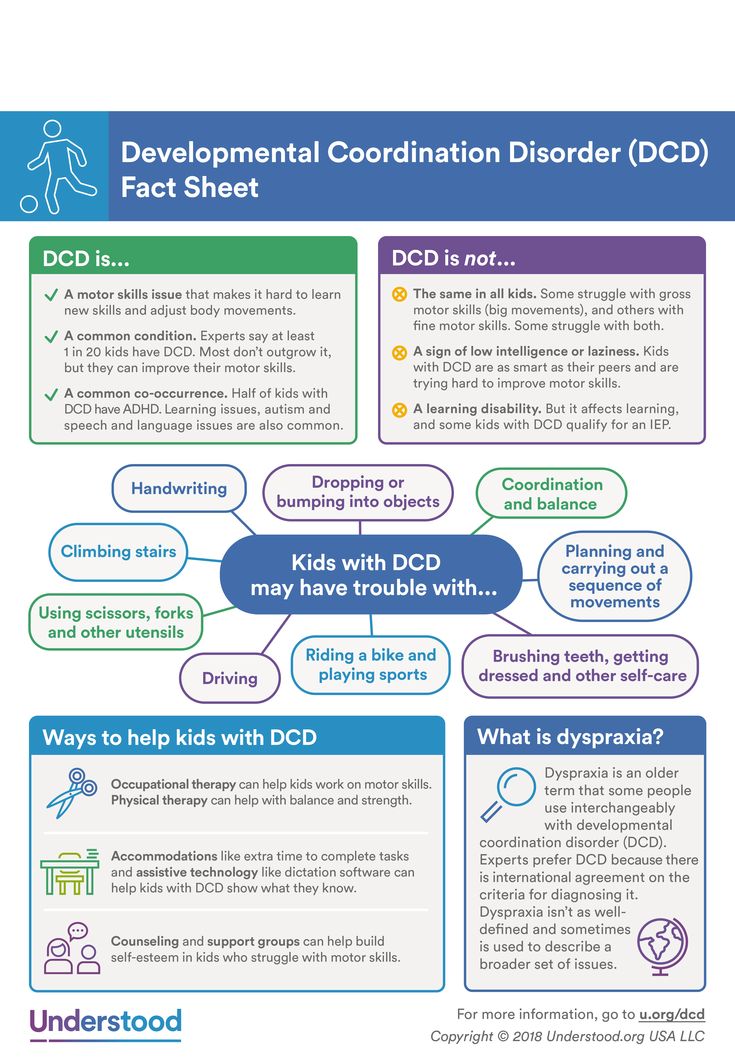 A child with a learning disability typically has a low level of ability in one or more of these areas relative to educational attainment, age, and other abilities.
A child with a learning disability typically has a low level of ability in one or more of these areas relative to educational attainment, age, and other abilities.
Other terms are sometimes used to refer to learning disabilities: special learning disabilities, learning difficulties, special learning difficulties, and dyslexia. nine0005
Learning disabilities should be assessed and diagnosed by specialists.
Causes of learning disabilities
The exact causes of learning disabilities have not yet been fully investigated. This is known to be associated with information processing difficulties in some areas of the brain - this is called "neurological information processing difficulties".
General “processing difficulties” include situations where the child has difficulty making sense of the sounds in words, or has difficulty remembering unrelated elements, such as a sequence of numbers or letters. nine0005
The causes of learning disabilities are associated with certain genes, and such disorders can be inherited. If other members of your family have reading or spelling difficulties, or have been diagnosed with a learning disability, then there is a possibility that the next generation of children may also have learning disabilities.
If other members of your family have reading or spelling difficulties, or have been diagnosed with a learning disability, then there is a possibility that the next generation of children may also have learning disabilities.
Signs of a learning disability
If you think your child may have a learning disability, look for the following common signs. Having one or more of these signs does not mean your child definitely has a learning disability. But if you're concerned, talk to your child's teacher or check with your pediatrician. nine0005
If you have a learning disability, your child is likely to:
- dislike reading and/or find it difficult to read
- it is difficult to write ordinary words correctly
- it is difficult to distinguish sounds and syllables in words
- likes to tell you a lot of interesting things, but he will write slowly and with difficulty
- it will be difficult to develop sloppy handwriting
- will not be easy to do homework.
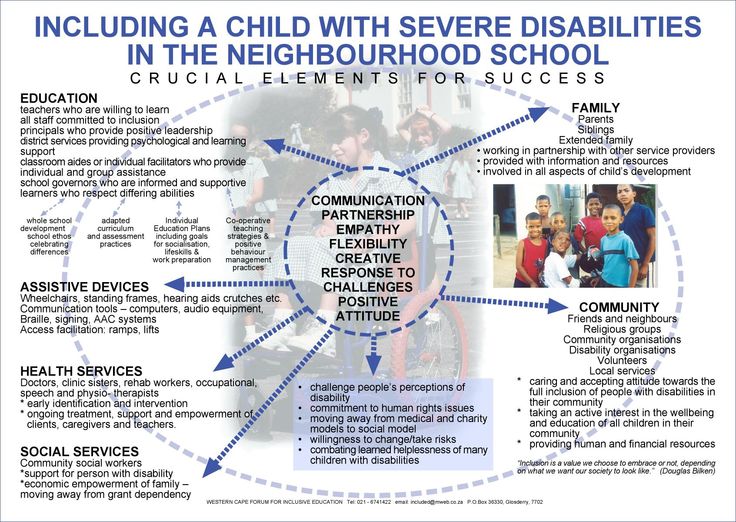
Diagnosis of Learning Disabilities: Steps to Take
Talk to your child's teacher
If you're worried that your child is having trouble at school and may have a learning disability, start by talking to your child's teacher.
Ask if your child is learning to read, write and count as expected. It may also be worth talking to the teacher about their impression of your child's self-esteem and school performance.
The teacher can test your child and discuss the results with you. This can help you understand if there is any pattern in how problems manifest. nine0005
Ask for an assessment
If you are still concerned, ask the school to go through a formal assessment process.
At this stage, you can involve a speech therapist or psychologist. They will help to find out all the possible reasons. If there is a long wait for this, or if your school does not conduct such an assessment, you can contact a specialist privately, but this service will be paid.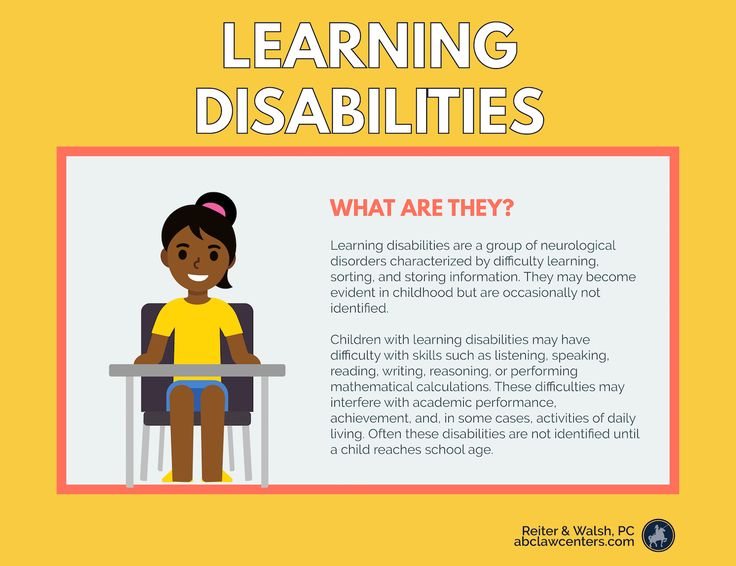
See your pediatrician to check your child's vision and hearing. In this way, you can rule out problems in these areas as the cause of your child's difficulties. nine0005
Tell your child about learning disabilities
Children with learning disabilities cannot, for example, read as easily as their peers. This may lead them to consider themselves "stupid" or "stupid".
Telling a child that they have a learning disability can help them overcome this way of thinking. You can tell your child that a learning disability means their brain processes information differently, but that doesn't mean they aren't as smart as other kids .
A psychologist or speech therapist can give you advice and help explain to your child what a learning disability is.
You can also emphasize some positive points - what your child is doing well in life and school, despite the learning disability. It might be mentioned that many truly successful people live with a learning disability.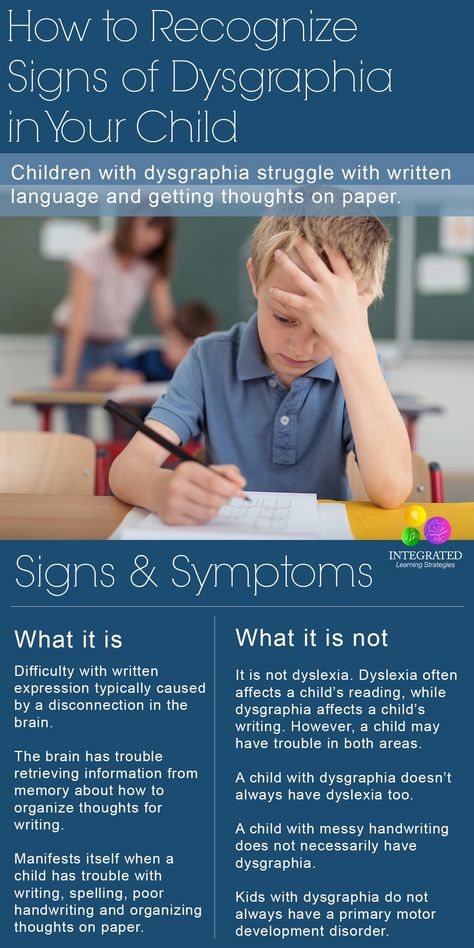
Help your child learn to overcome difficulties and develop self-esteem
Children with learning disabilities may suffer from low self-esteem. There is also an increased risk that they will drop out of school if learning disabilities are not addressed at an early age.
This means it's important to identify learning disabilities early and help your child develop coping skills. This skill—the ability to bounce back from adversity and setbacks—is an important life skill for all children, especially children with learning disabilities. nine0005
The following suggestions can help you teach your child to cope with difficulties and to feel normal about his abilities and characteristics .
Be a role model for your child
You can be a role model for your child if you yourself are positive, confident and able to cope with difficulties. For example, if you don't get a cake, you can say, “It doesn't matter. Next time I'll use a different recipe." Or, if you're being criticized at work, you can say, "That's hard to hear, but I can learn from this." nine0005
Next time I'll use a different recipe." Or, if you're being criticized at work, you can say, "That's hard to hear, but I can learn from this." nine0005
Praise and encouragement
- Always praise your child when he tries to do something.
- Celebrate your child's abilities and accomplishments when they are good at something outside of school. It could be sports, music, theatre, or just important qualities - kindness and friendliness - or skills - maybe he's great at cooking.
- Help your child see the positive in his life and understand that his learning difficulties are only a small part of his personality. nine0028
- Stimulate your child so that he understands what helps him to overcome difficulties - for example, maybe written instructions and diagrams, or does he prefer verbal instructions?
- Take time to be with and listen to your child, and have fun together. This will help him understand that he is special, that you appreciate him and want to spend time with him.
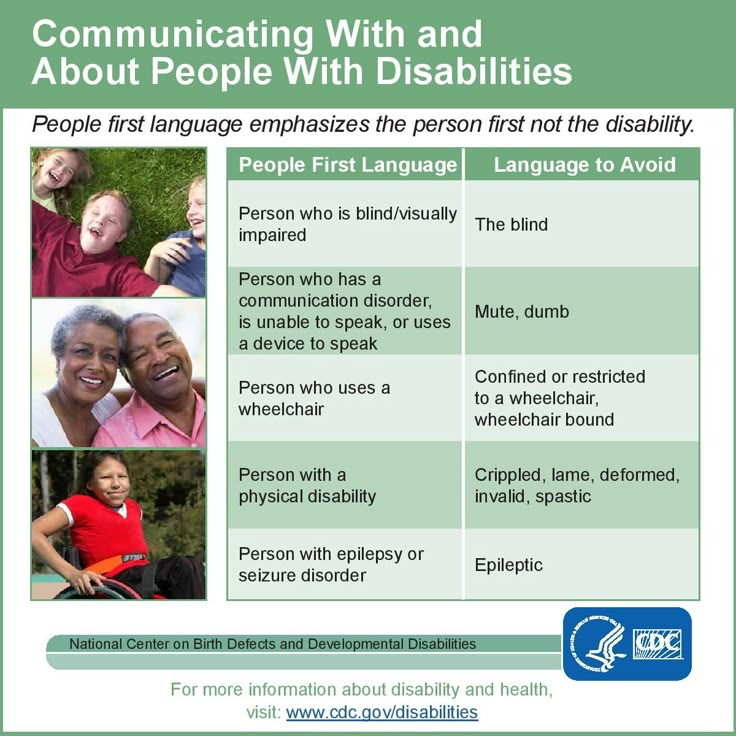
- Encourage your child to try new things. Understanding what he can learn if he practices and doesn't give up will help your child keep going when things get tough. nine0028
Responsibilities and Expectations
- Entrust your child with household chores and let them make their own decisions and make their own choices. A sense of responsibility really helps boost self-esteem.
- Support your child, but do not overprotect him. Show him that you expect him to be diligent and responsible in completing tasks such as homework, despite the fact that it is not easy for him. nine0028
- Let your child try new things like cooking, chess or photography. If you do all this together with your child, it will help him to believe that he will succeed and he will enjoy learning new skills.
Extra Help for Learning Disabilities
Your child may need extra help or support to make the most of their learning opportunities. If medical professionals recommend additional assistance, obtain all documents from them so that you have the opportunity to demand for your child, for example, extra time on an exam, learning to read from a specialist, or special software for a computer. nine0005
If medical professionals recommend additional assistance, obtain all documents from them so that you have the opportunity to demand for your child, for example, extra time on an exam, learning to read from a specialist, or special software for a computer. nine0005
For children with learning disabilities, there are many different types of out-of-school assistance , for example, you can use the services of tutors. Help will be most effective only when it is tailored to the individual needs of your child. Talk to your child's teacher or other professionals working with them to find out what works best for your child and your family.
You may need to try several different approaches before you decide what is right for your child and your family. It will also teach him to be persistent and not give up.
Child has learning difficulties. How to help?
Masha is seven years old and has started school for the first time.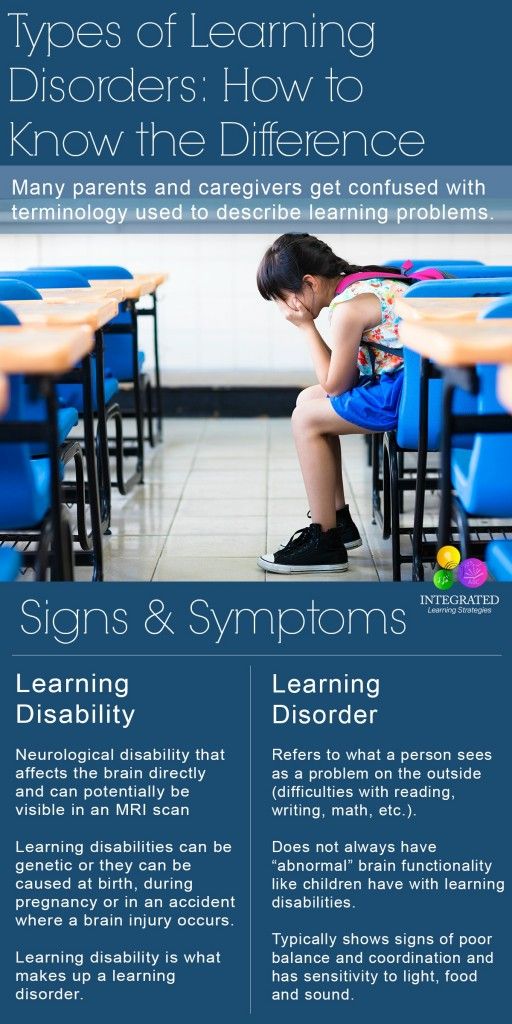 In the classroom, she does not talk and does not share anything with other children. She also does not follow any instructions from the teacher. The teacher arranges a meeting with the parents because he sees that the girl is not studying. At home, Masha is talkative and easily learns from mom and dad. But this is not the case at school. Under pressure from the teacher, the parents take the child to a specialist who sees no medical problems. Why is this happening? nine0005
In the classroom, she does not talk and does not share anything with other children. She also does not follow any instructions from the teacher. The teacher arranges a meeting with the parents because he sees that the girl is not studying. At home, Masha is talkative and easily learns from mom and dad. But this is not the case at school. Under pressure from the teacher, the parents take the child to a specialist who sees no medical problems. Why is this happening? nine0005
Many parents, children, teachers and health workers have experienced this situation. While it is often said that "every child learns at their own pace," very often fear causes adults to see problems where there are none.
Kindergarten is fun, children learn through play, and teachers communicate much closer with each child. Starting school brings a lot of problems, but most of them can be solved in a timely manner.
As children grow up, their school subjects become more complex, their knowledge increases, and their relationships at school take on a new color.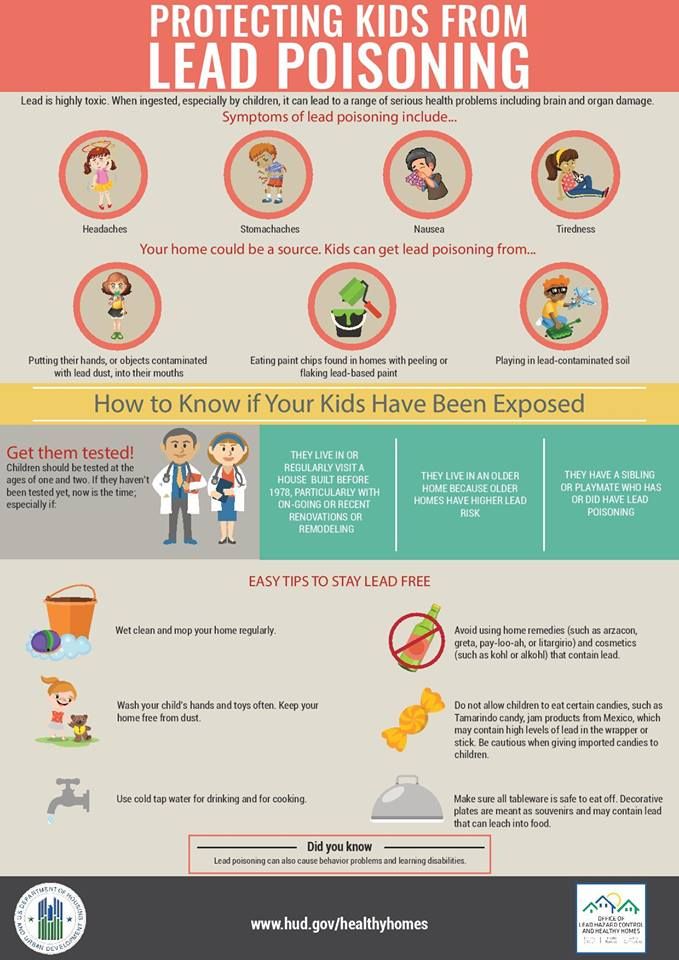 The child is more aware of his abilities and limitations. For some it's easy, for others it's not. nine0005
The child is more aware of his abilities and limitations. For some it's easy, for others it's not. nine0005
How can you tell if a child has learning problems?
Some experts argue that the sooner a learning disability is detected, the better. However, the truth is that young children are at high risk of misdiagnosis. A doctor can make an accurate diagnosis of a learning disability for a child no earlier than the age of eight years.
Learning disabilities affect the ability to process information. For example, a child may take longer to learn to read or write, and often has trouble with math. nine0005
Such children may understand how to solve certain problems in theory, but have difficulty putting it into practice. Which affects not only school performance, but also their relationships with other children and significant adults.
The following are symptoms of learning disabilities in young children. However, it must be immediately emphasized that if a child has them, one should not immediately despair.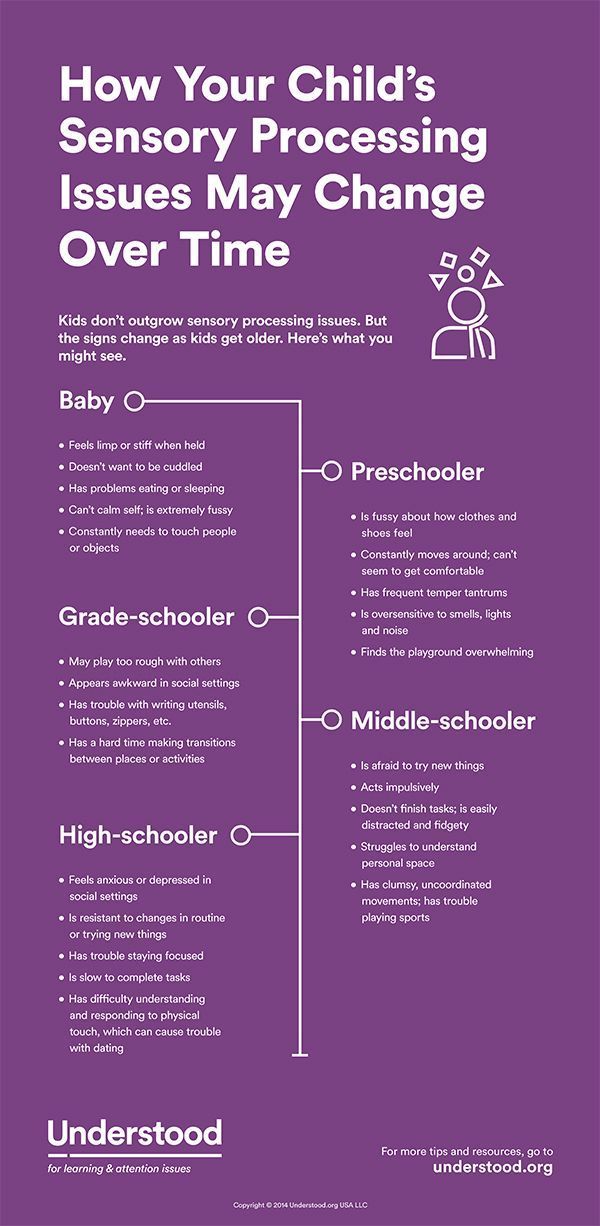 Each individual signal does not indicate the exact presence of a diagnosis. Parents need to be patient, carefully observe their baby and how he develops. nine0005
Each individual signal does not indicate the exact presence of a diagnosis. Parents need to be patient, carefully observe their baby and how he develops. nine0005
Signs of learning disabilities in children are:
- Motor problems, including activities such as writing, walking, cutting with scissors, buttoning or tying shoelaces.
- Difficulty following simple instructions.
- Delays in speech development and difficulty in memorizing new words.
- Difficulty learning to read, multiplication table, alphabet, days of the week, colors and geometric shapes. nine0028
- Problems with concentration and attention retention.
- Lack of motivation and interest in school, other domestic or social activities.
- Low learning rates in older children
- Reluctance to talk about school and spend a lot of time doing homework.
- Apathy and boredom at school.
- Bad or aggressive behavior at school.
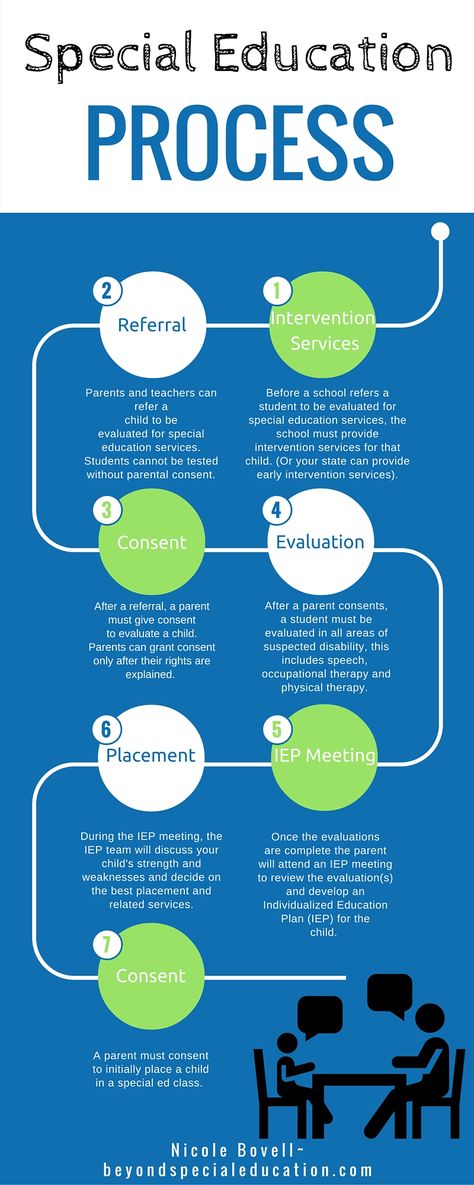 nine0027 Difficulty expressing emotions and feelings.
nine0027 Difficulty expressing emotions and feelings. - Sleep or eating problems.
Children with learning difficulties - what are they like?
Children with learning difficulties are, in fact, usually of average or high intelligence. However, they find it difficult to express what they know. Because they find it difficult to study certain topics, they often feel frustrated and irritated with their studies. These emotions can negatively affect their self-esteem. They can also become depressed because they understand what they want to achieve, but in practice it is difficult for them to do it. nine0005
In some cases, children who have learning difficulties also have associated problems such as dyslexia, dyscalculia, or both. They may also have attention difficulties, but not necessarily attention deficit disorder.
How can you help a child with learning disabilities?
Parents of these children need to understand and accept that learning disabilities are a lifelong disorder.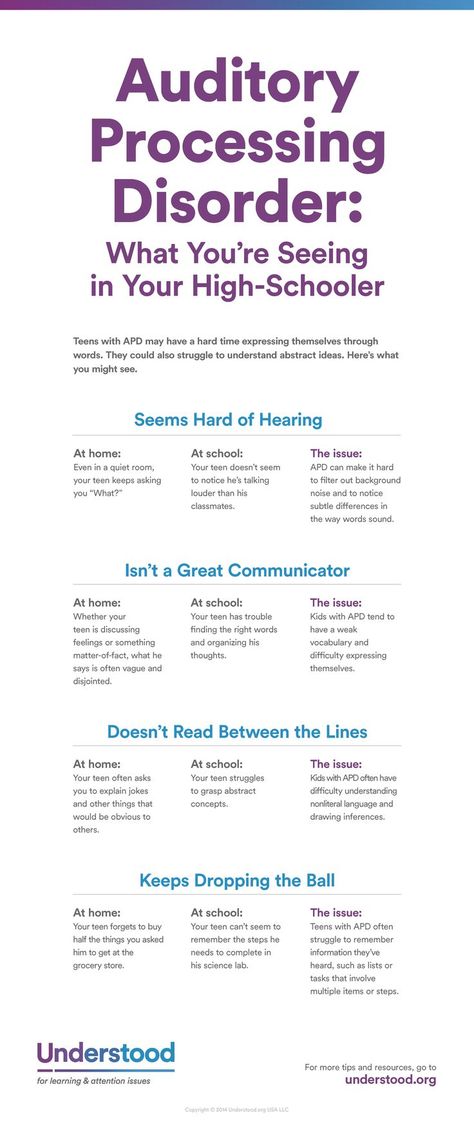 However, do not despair. With the right help, the child will learn and develop properly to be happy and healthy. nine0005
However, do not despair. With the right help, the child will learn and develop properly to be happy and healthy. nine0005
The teacher can help detect symptoms and create a suitable learning environment, but cannot make a diagnosis. Tests for learning disabilities are carried out by specialists: psychologists, child neuropsychologists, pediatricians or psychiatrists. Correct diagnosis and competent rehabilitation will have a positive impact on the problems of the baby.
Children with learning disabilities can still learn. Teachers just need to focus on their skills and abilities. This will boost their self-esteem. nine0005
Criticism, yelling or punishment of such children is not an appropriate teaching method. In fact, this can only exacerbate the problem. If a child has a tantrum or cries because of his difficulties, parents need to be there and support him. It is worth saying how much they love him and how much they respect his efforts in his studies.
